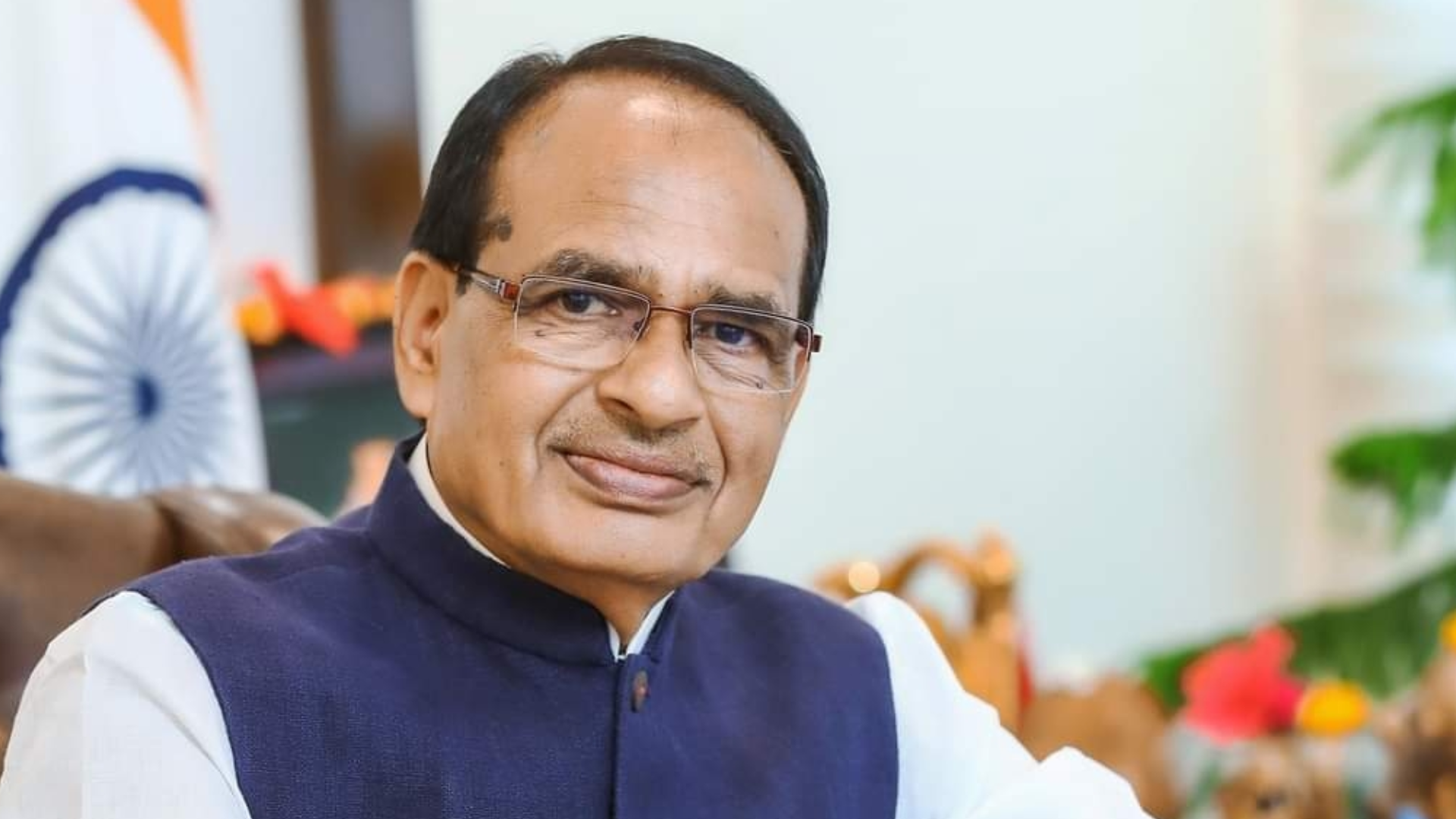


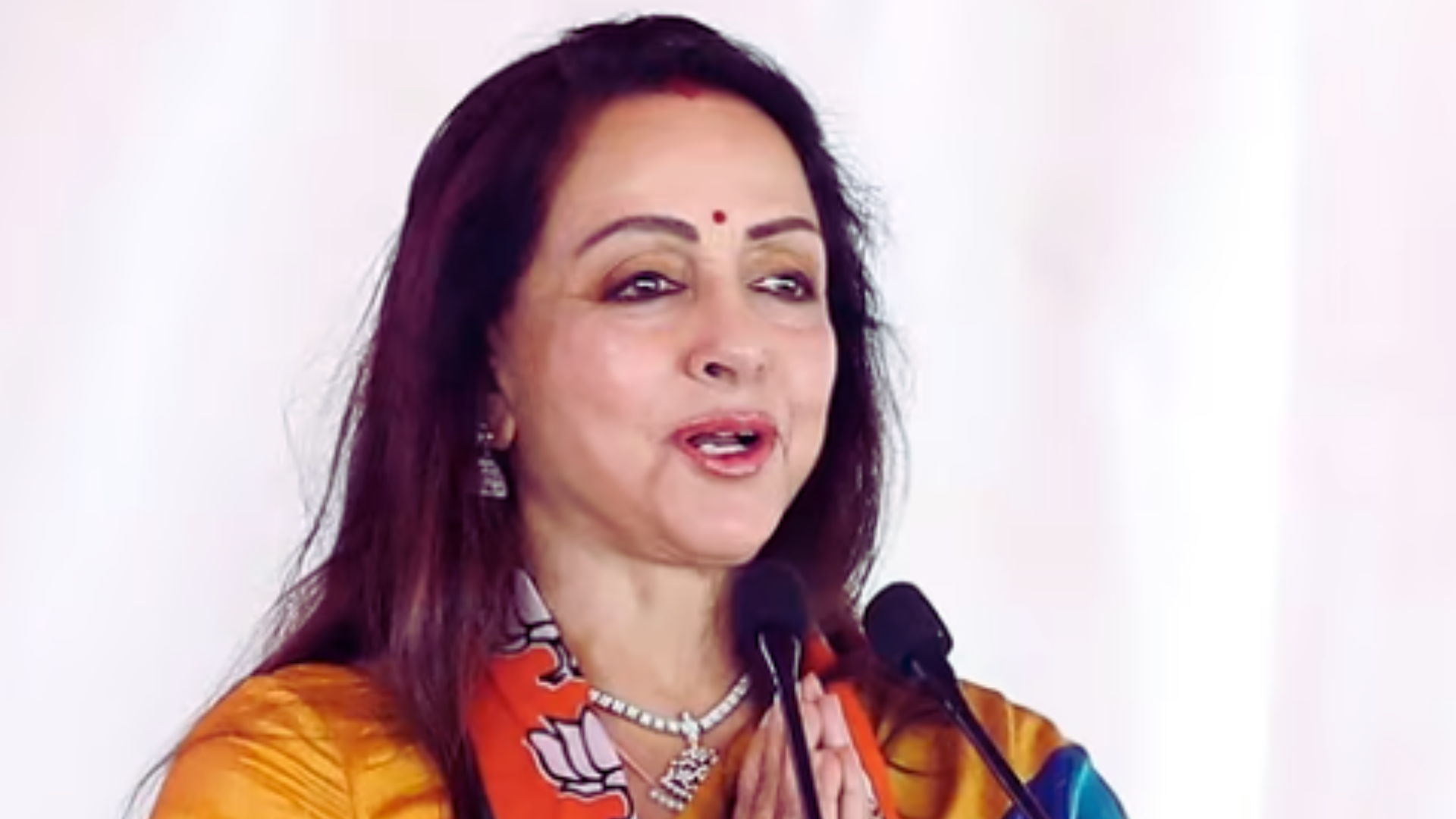
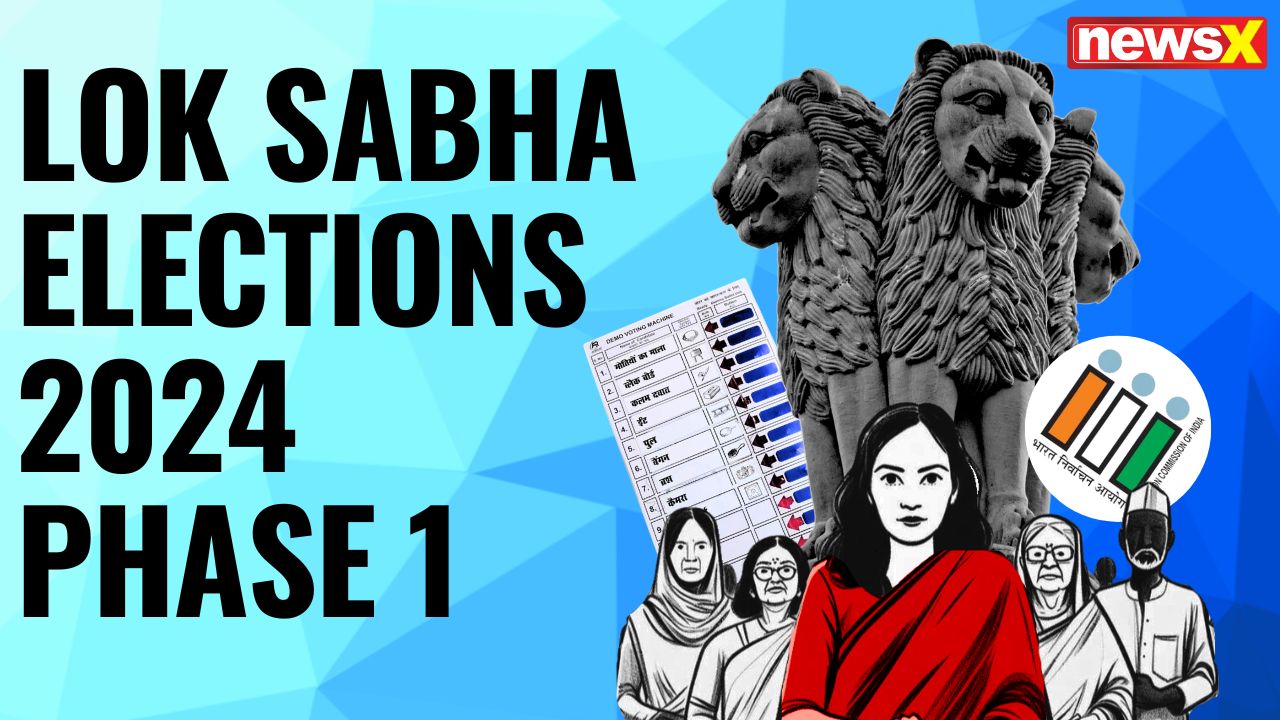
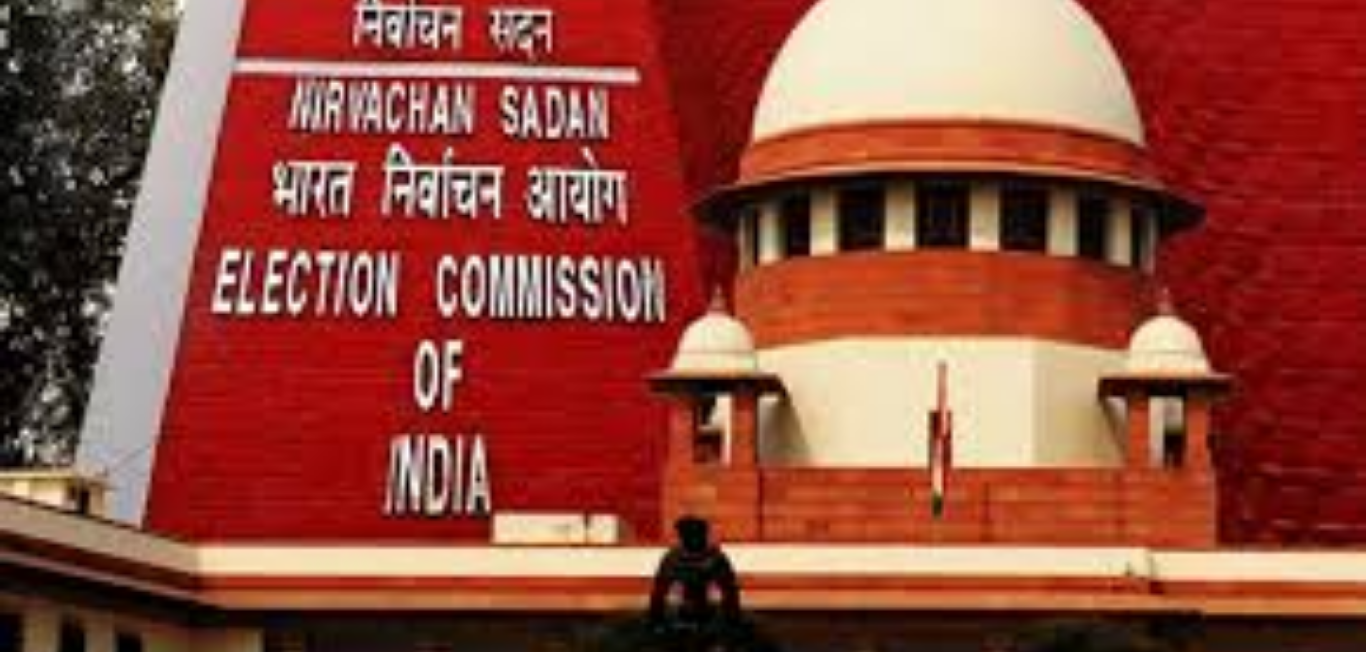



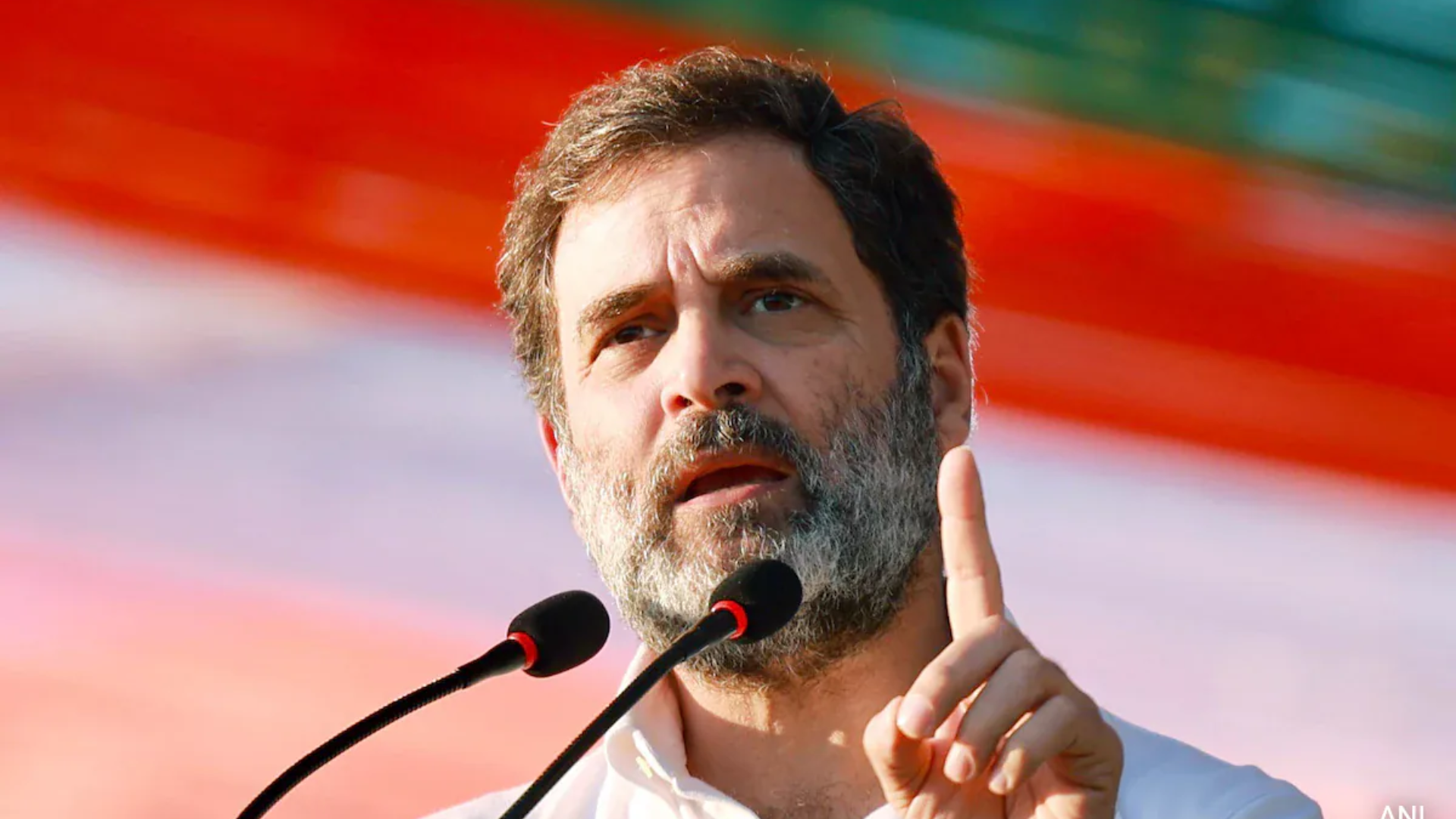

The International Monetary Fund (IMF) Executive Board has provided a strong endorsement of India’s economic trajectory following the conclusion of the Article IV consultation with New Delhi. The board commended India for its robust economic growth, resilient financial sector, and notable advancements in formalization and digital infrastructure.
India’s economy demonstrated vigorous growth over the past year, exceeding pre-pandemic employment levels and displaying resilience in the informal sector. The financial sector exhibited its most robust performance in years, showcasing resilience in the face of global financial stress.
Despite a widening current account deficit in FY2022/23, primarily driven by post-pandemic domestic demand recovery and external shocks, India’s stability was maintained through services exports and strategic diversification of critical oil imports.
The IMF projects a sustained strong growth trajectory for India, with real Gross Domestic Product (GDP) expected to grow at 6.3 percent in FY2023/24 and FY2024/25. The anticipated improvement in the current account deficit to 1.8 percent of GDP in FY2023/24 is supported by resilient services exports and lower oil import costs.
The foundation of digital public infrastructure and effective government programs is expected to contribute to sustained growth, with the potential for even higher growth through comprehensive reforms.
Risks to India’s economic outlook are deemed balanced. Global factors, such as a sharp growth slowdown or supply disruptions, could impact the nation through trade and financial channels. Domestically, weather shocks pose a potential threat to inflation, while strong consumer demand and private investment could positively influence growth.
The directors emphasized the importance of further liberalization of foreign investment, structural reforms, and climate policy implementation. They supported India’s macroeconomic policies and reforms, acknowledging the nation’s strong economic performance amid global challenges.
Recommendations from the directors include continued appropriate policies to sustain economic stability, further progress in key structural reforms to unlock India’s potential, and near-term fiscal policy focusing on accelerating capital spending while tightening the fiscal stance. Given elevated public debt levels, ambitious medium-term consolidation efforts and improvements in revenue mobilization and spending efficiency are recommended.







